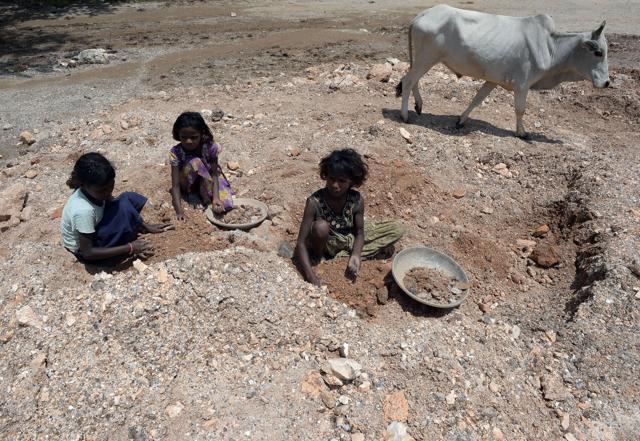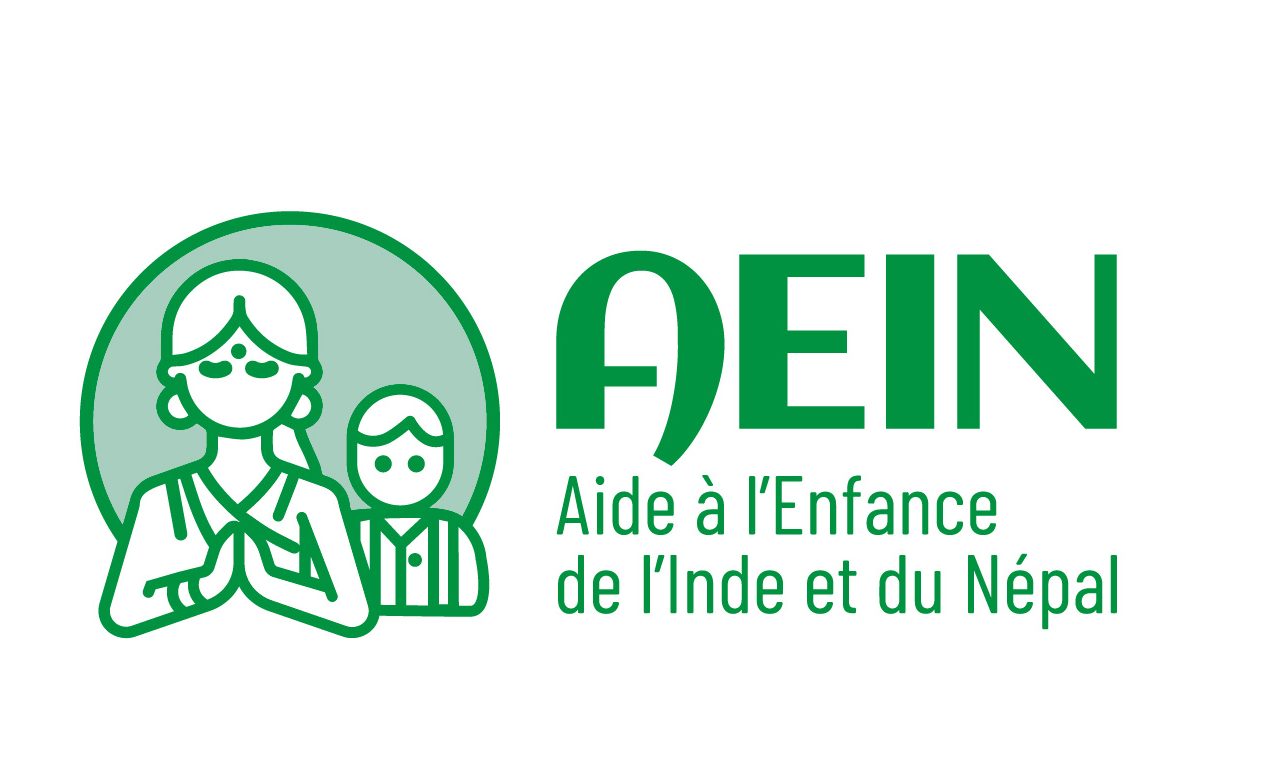Child labour in Mica Mines in India
Since January 2022, AEIN is supporting its Indian partner Savera Foundation in 20 mica mining villages of Koderma District in the state of Jharkhand. About 39% of the people who live there are living under the poverty line of 1,90 Dollars per day, and about 20% of children under 5 years are suffering from malnutrition. Mica mining is in several states such as Rajasthan, Bihar and Jharkhand, illegal and without the Governments’ monitoring. In 1980, the Indian government revoked mining companies’ licenses with the aim of preventing the deforestation associated with mining.

Mica is not well known, but it is contained in small quantities in cosmetic products, toothpaste, electro-households’ devices, colours and lacks. Mica is part of a group of 37 minerals, known as Glitter.

According to a study conducted by Terre des hommes, 22 000 children worked in the mines in Bihar and Jharkhand prior to the corona pandemic. With a rising trend, because the schools were under the lockdown for almost 2 years, and children were forced to assist their parents at work.
Child labour in the mines is one of the worst forms of child exploitation and has devastating consequences on health of those children (dust in lungs and difficulties with respiratory system). The youngest miners are only 4 years old. Children and parents work together for up to 12 hours per day in the mines which are not secured and 20 meters deep. Accidents with deadly outcomes are not rare.

Through the selling of their daily mica produce, a family is earning about 100 INR per day, which is about 1,10 EUR. Alternative opportunities to provide an income are rare. High-yield agriculture is difficult due to the dry ground and lack of the rain.
What is our partner Savera Foundation concretely doing in the field through our financial support?
Firstly, Savera carried out a detailed study analysing the current situation in 20 mica mining villages.
40 malnourished children are given access to age-appropriate nutrition and high-quality early childhood care in model crèches. Children are receiving three hot meals per day, and their growth is monitored monthly.

Parents are learning how to do vegetable gardening, to ensure the food security of the families.
Secondly, the services in the state day-care centers are being strengthened in order to improve the health of 3–6-year-olds. The employees are trained on the topics of health and nutrition and learn how to create learning and teaching materials suitable for children.
Further, youth groups will be formed, as well as workshops related to the topics of job/professional – orientation, personal-development, mental and physical health will be organised.
AEIN is financing the two-year phase of this project with a total budget of €66,640 entirely from its own resources.
More information on the project : https://www.aein.lu/sante-des-enfants-et-autonomisation-des-adolescents-jharkhand/





